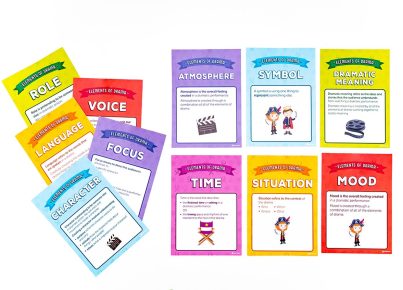Talking to students about cheating is a delicate but essential conversation for educators, parents, and guardians. Addressing academic dishonesty before it occurs can foster a culture of integrity and help prevent cheating. Here’s how one might approach this sensitive subject and discourage its practice:
Open the Discussion Early:
Start conversations about honesty and integrity early on in the academic year. Set clear expectations about what cheating is and the forms it can take, whether copying homework, plagiarism, or unauthorized collaboration.
Establish the Importance of Academic Integrity:
Explain why academic honesty matters. Discuss how cheating devalues their education, undermines trust, and has consequences that extend beyond school—in college admissions, future careers, and personal relationships.
Create a Supportive Environment:
Sometimes students cheat because they feel overwhelmed or unprepared. Offer support and resources for those who are struggling with course material. Encourage them to seek help from teachers, peers, or tutors rather than resort to dishonesty.
Emphasize Learning Over Grades:
Shift the focus from grades to the learning process. Encourage students to view challenges as opportunities to grow rather than obstacles to their GPA. This perspective can reduce the pressure that leads to cheating.
Involve Students in Creating a Honor Code:
Develop an honor code with your students’ input. When they are part of creating the rules, they’re more likely to understand them and take them seriously. Additionally, having students pledge to this code reinforces its significance.
Use Different Assessment Methods:
Relying solely on high-stakes exams can induce cheating. Use various assessment techniques like essays, presentations, and projects that require critical thinking and are harder to falsify.
Monitor Tests Appropriately:
During exams, ensure there’s adequate supervision to deter cheating. However, avoid creating an atmosphere of mistrust; balance is key in maintaining integrity without stress.
Discuss Consequences:
Students should understand the potential repercussions of cheating, which may include failing assignments, suspension from school activities or classes, and damage to reputation.
Highlight Real-World Scenarios:
Provide examples of how cheating has negatively impacted individuals in real life—celebrities, politicians, or professionals—to illustrate that dishonesty can have lasting effects.
Follow Through Consistently:
If cheating occurs despite preventive efforts, apply the established consequences consistently. This will underscore the seriousness with which you regard academic integrity.
Encouraging Academic Integrity through Preventive Measures
Fostering an environment that promotes learning and integrity is more effective than dealing with instances of academic dishonesty after they occur. By following these strategies for talking with students about cheating and preventing it upfront, educators can create a classroom atmosphere that encourages honesty and condemns deceitfulness.





